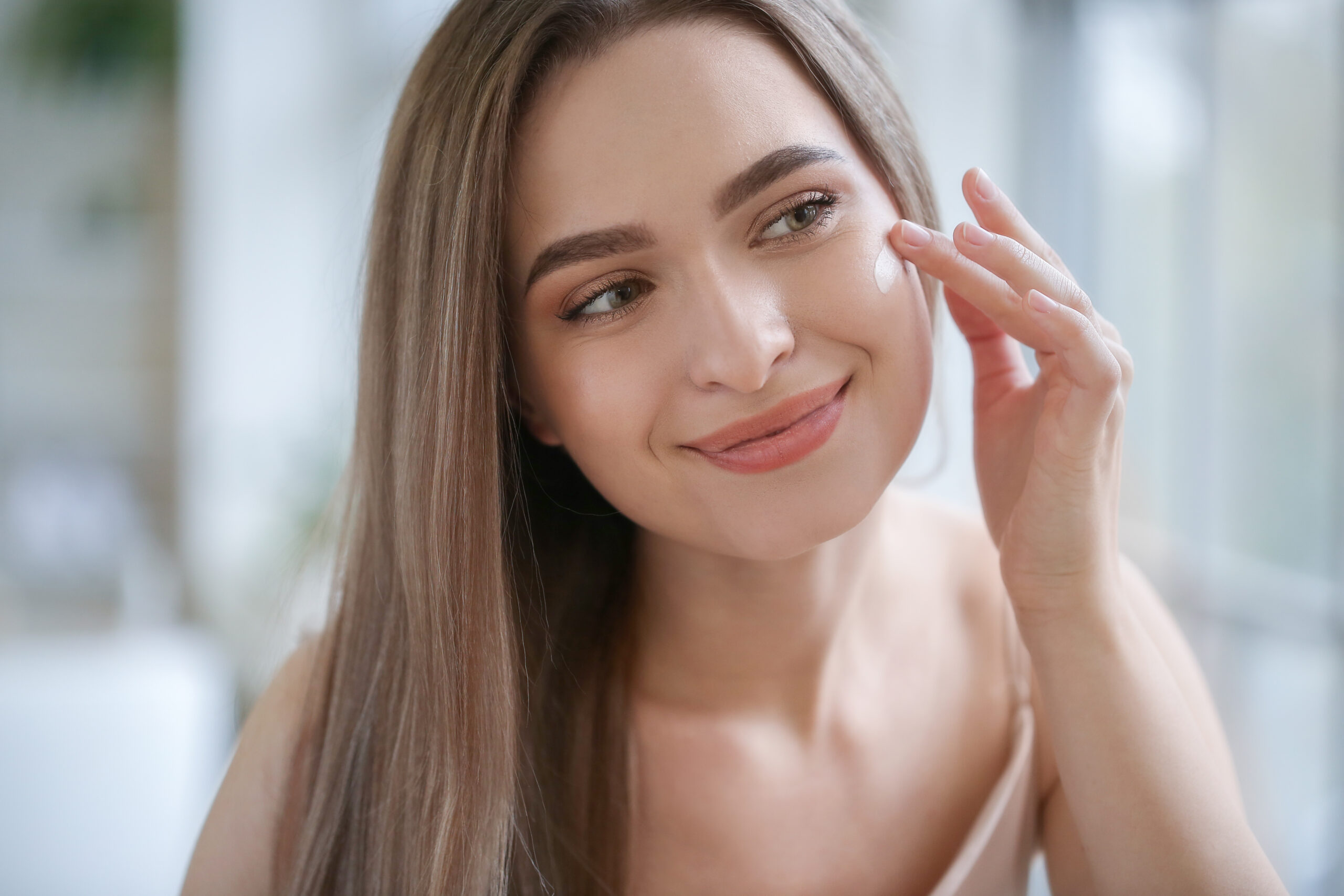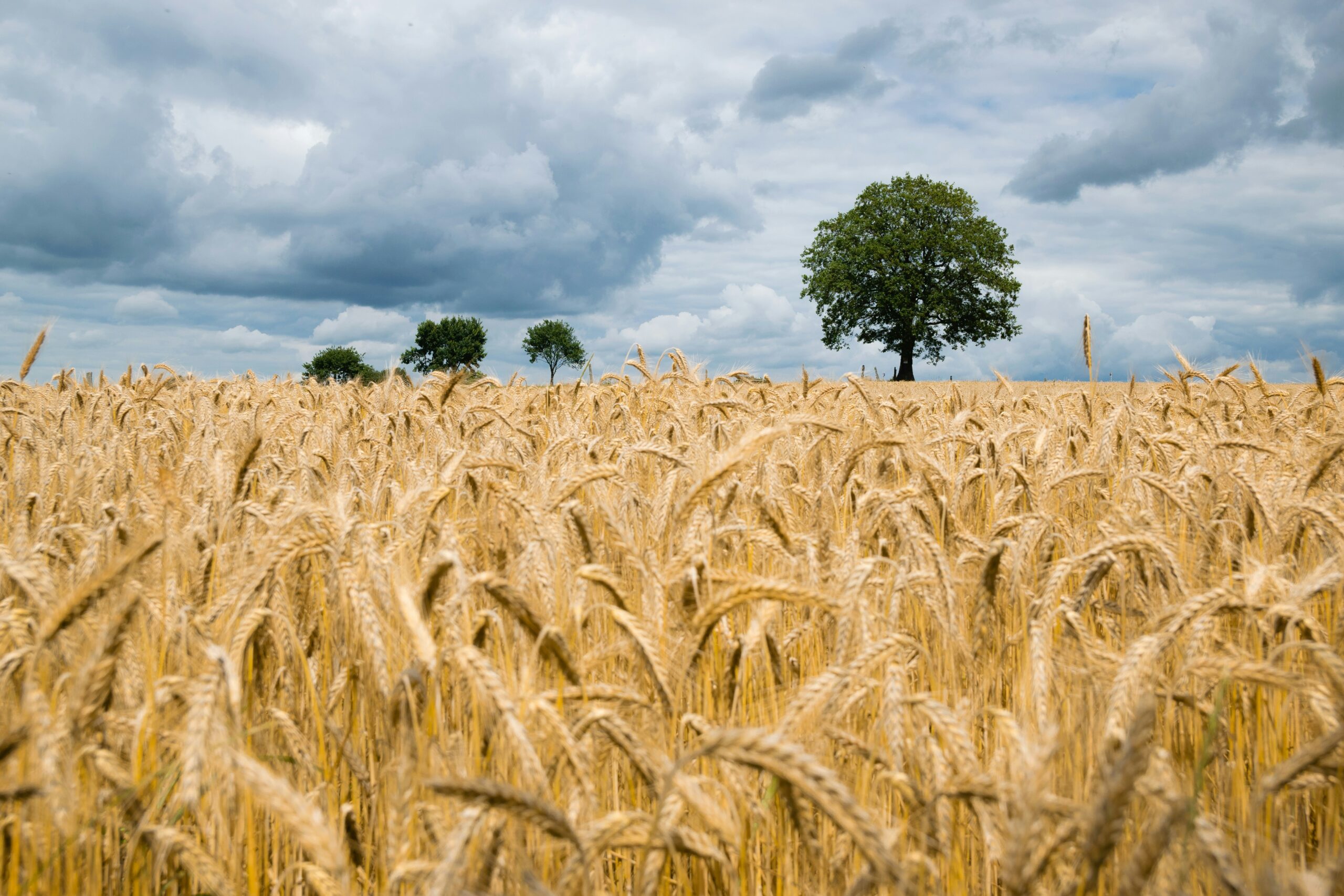
Dubai’s consumer behaviour has undergone a significant shift post-pandemic, leading to a surge in influencer marketing. There is a growing emphasis on essential items over luxury purchases. Consumers are actively seeking new brands that offer value, seamless shopping experiences, and high-quality products. This presents a significant opportunity for brands to tap into new customer segments, especially during peak shopping seasons.
A recent YouGov survey revealed that 75% of UAE residents actively follow social media influencers, indicating the immense potential of influencer marketing in the region. Brands are increasingly shifting their focus and budgets from traditional media channels to influencer marketing, as it allows for a more relatable connection with audiences. Marketers are transitioning from celebrity influencers to micro and nano influencers. Dubai’s tech-savvy consumers value in-person experiences, contributing to the rise of “phygital shopping.” Influencer marketing seamlessly bridges online and offline interactions, catering to the preferences of Dubai’s consumers. With a 99% internet penetration rate, Dubai is officially the social media capital of the world. Platforms like Instagram and TikTok attract millions of users, making influencer marketing a powerful tool for brands.
In the last five years, influencer content in the UAE has seen a substantial increase, with Instagram remaining a dominant platform. With over 6.21 million users in the UAE, Instagram provides a significant reach for brands and influencers. However, TikTok is rapidly gaining traction, attracting Gulf creators and offering the potential to turn micro and macro influencers into mega influencers.
Dubai is home to several Indian influencers, such as Farhana Bodi, Masoom Minawala, Jannat Miranda, Fiona Furtado, and many more. The Middle East region boasts a rich pool of influencers from various backgrounds, representing a diverse array of cultures and interests. This diversity makes Dubai an attractive market for collaborations, allowing brands to effectively engage with their target demographics and foster authentic connections.
The anticipated growth in the Middle East’s influencer marketing sector is set to hit $1.3 billion by 2023’s close. Brands in the UAE typically run approximately five influencer marketing campaigns annually, with a significant 59% investing more than $68,000 per year in these endeavours. Statista’s projections point towards a consistent 10.04% yearly rise in advertising expenditure specifically allocated for influencer marketing, with estimations aiming to reach $81 million by 2027.
RTM Watch’s Take
Dubai’s shift in consumer behaviour towards prioritising essential items and seeking value presents a unique opportunity for brands to leverage influencer marketing. By partnering with influencers who resonate with their target audience, brands can deliver personalised and authentic shopping experiences. The rise of phygital shopping and the dominance of Instagram and TikTok further amplify the impact of influencer marketing in Dubai. As the industry continues to grow, brands should allocate budgets for collaborations and leverage the diverse influencer landscape to effectively engage with their target demographics.



































